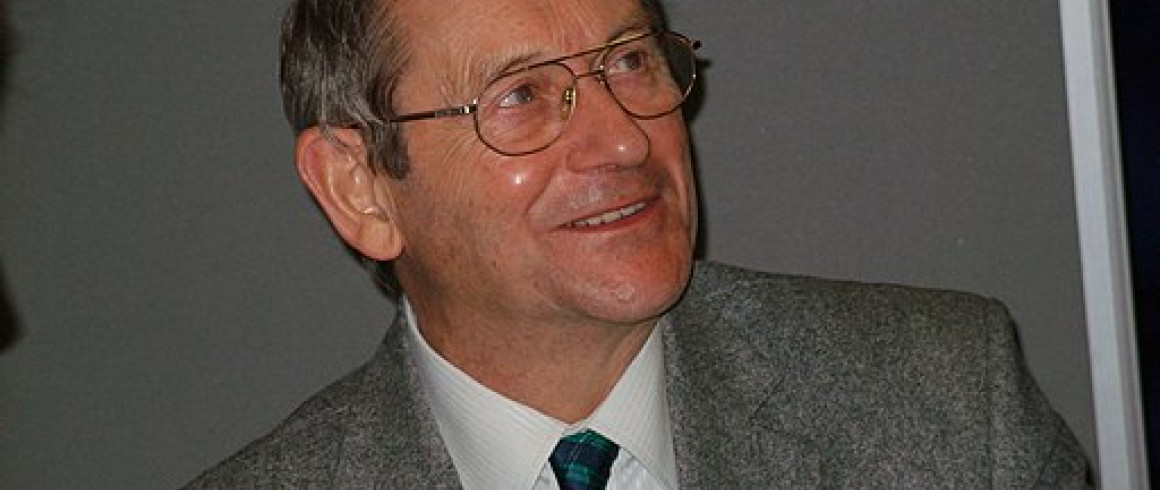History Beneath Another Sky
Professor Norman Davies is currently a visiting scholar at Pembroke. His latest book, Beneath Another Sky, will be launched on November 2nd.
Professor Davies is a historian noted for his many texts on the history of Europe, with a particular focus on Poland. After many years of writing, with published works including Europe: A History and God’s Playground: A History of Poland, he decided to explore beyond the bounds of Europe.
What resulted was a six-month circumnavigation, stopping at sixteen places around the world from Tahiti to Tasmania, Mauritius to Texas. He describes this as a very fulfilling journey, taking him to many places that were almost entirely new to him. As a historian, Professor Davies went to these places with an eye to unearthing their histories, and the stories that form the foundation of their identities.
In Texas, where Professor Davies was researching the Comanche people, these stories are close to the surface. The original 300 families settled in Texas in the 1820s, having been invited there by an existing Mexican population. With less than two hundred years of history between the founding families and present-day Texas, some of the descendants of these families can still be found. Professor Davies came across one such man – a 94-year-old Mayor in Fort Bend – and described him as a man full of stories.
The role of memories and stories in the creation of cultural or state identities is a topic heavily discussed by researchers in history, geopolitics, and other social sciences. States and people in conflict for generations may have stories about their histories that stand at odds to one another, making conciliation difficult, while the traces of deliberate nation-building can be clearly visible in young states. Memory is important to identity at many scales, from individuals to continents. Books like Beneath Another Sky reveal the complexity of these many different narratives by holding them up side-by-side, and digging deeper into how they shape, and are shaped by, the present.
